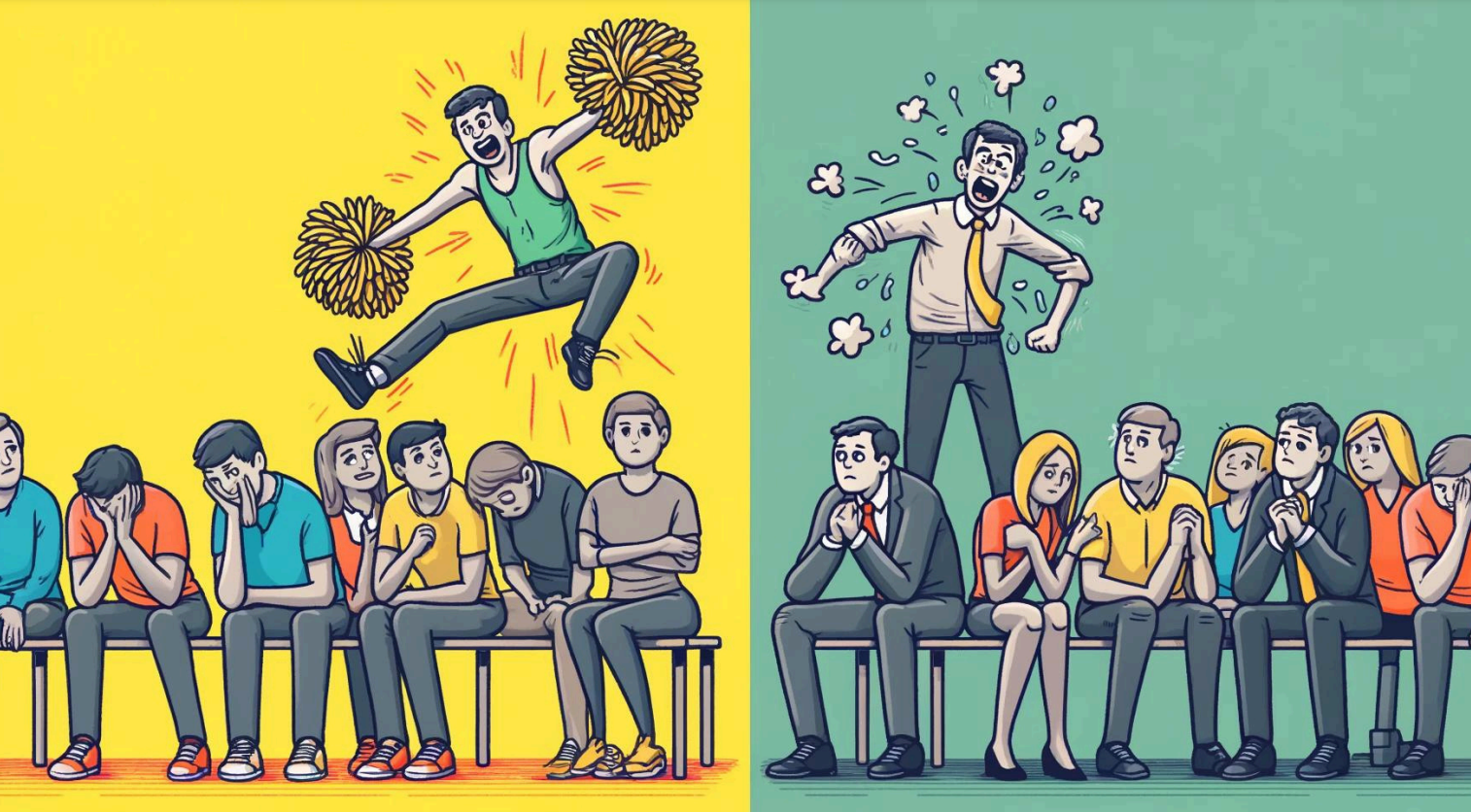“In a gentle way, you can shake the world.”- Mahatma Gandhi
Reorganization within a company is a challenging time for all, but introverted leaders often face unique struggles. Their natural tendencies can sometimes be misinterpreted, leading to misunderstandings that impact both their team and their effectiveness. In this newsletter, we explore the top seven struggles faced by introvert leaders during reorganization, how their behavior can be perceived, and strategies to mitigate misunderstandings.
Top 7 Struggles of Introvert Leaders During Reorganization
1. Communication Overwhelm Introvert leaders often find the constant need for communication during reorganization overwhelming. Their quieter nature might be perceived as disengagement or lack of transparency, causing team members to feel uncertain about their roles or the direction of the reorganization.
2. Decision-Making Pressure Introverts prefer thoughtful, deliberate decision-making, which can be at odds with the rapid decisions required during reorganization. This might be seen as indecisiveness or lack of confidence, delaying the reorganization process.
3. Networking Fatigue Increased networking demands can drain introvert leaders, making it difficult for them to build new relationships quickly. They might appear aloof or uninterested in new collaborations, hindering the formation of crucial alliances needed for a smooth reorganization.
4. Visibility Issues Introverts often struggle with the need for increased visibility during times of change. Their preference for working behind the scenes may be mistaken for a lack of leadership presence, leading to doubts about their ability to lead through the reorganization.
5. Emotional Toll The emotional toll of reorganization can be heavier on introvert leaders, who may internalize stress. This can be misread as detachment or emotional unavailability, causing team morale to suffer if members feel unsupported.
6. Resistance to Change Introverts may resist the fast pace of change, preferring stability and routine. This might be viewed as resistance to the reorganization itself, creating friction with more change-enthusiastic team members.
7. Delegation Difficulties Introverts might find it hard to delegate effectively, preferring to handle tasks themselves to ensure they are done correctly. This can be seen as micromanagement or lack of trust in the team, leading to leader burnout and team frustration.

Perception and Impact
Understanding how introvert leaders’ behaviors are perceived is crucial. Teams might misinterpret their natural tendencies as a lack of engagement, indecisiveness, or resistance to change. These perceptions can negatively impact team morale and the overall effectiveness of the reorganization.
Strategies to Avoid Misunderstandings
- Transparent Communication: Regular updates and clear explanations help bridge the gap between introverted leaders and their teams.
- Active Listening: Showing genuine interest in team members’ concerns fosters trust and reduces misunderstandings.
- Leverage Strengths: Use the introvert’s strengths in deep thinking and empathy to lead with thoughtful, people-centered strategies.
- Set Boundaries: Balance visibility and alone time to maintain energy levels and effectiveness.
- Utilize Technology: Use emails, intranet updates, and other tools to supplement face-to-face communication.
- Encourage Feedback: Create an environment where team members feel comfortable giving feedback on leadership styles and processes.
- Professional Development: Invest in leadership training that focuses on enhancing communication and delegation skills.
Conclusion
Reorganization is a challenging time for any leader, but introvert leaders face unique hurdles. By understanding these challenges and implementing strategies to mitigate misunderstandings, introvert leaders can navigate reorganization effectively, ensuring their teams remain cohesive and motivated.



